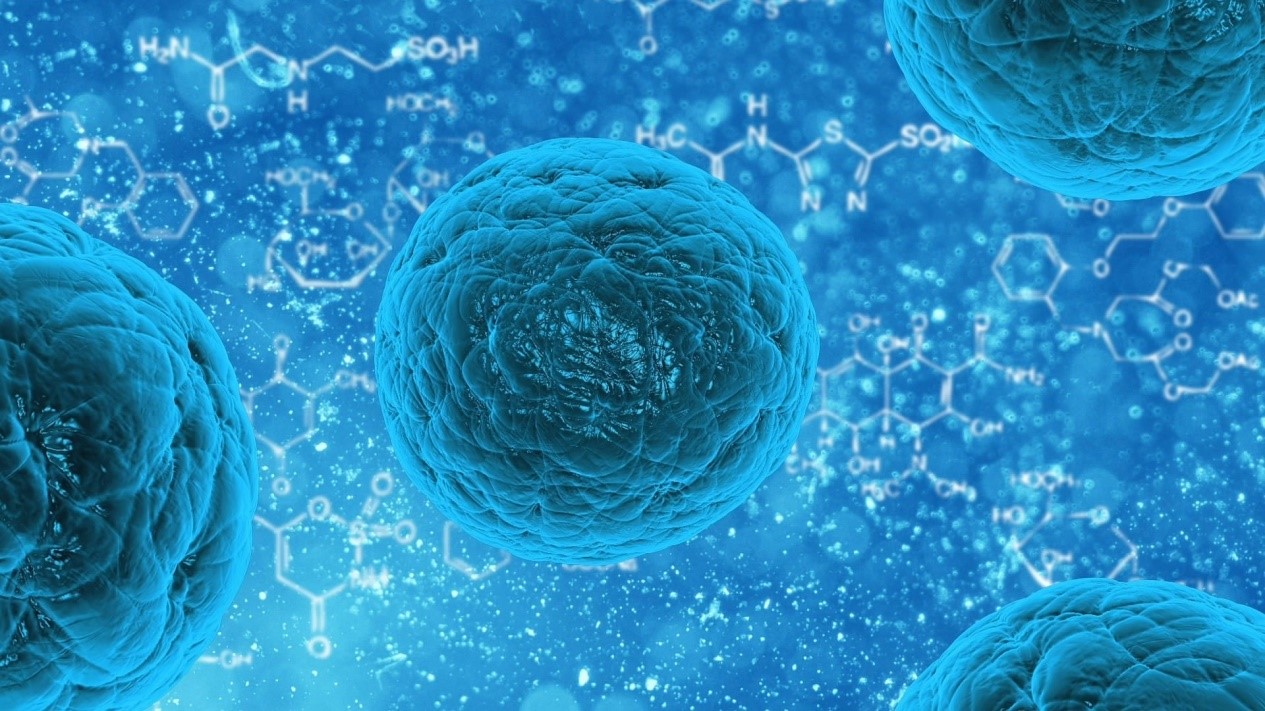
Chemotherapy destroys stem cells, which later can become part of the body's own defenses. There are drugs that can help, but we don’t exactly know how these drugs would work. Now a new study is detailing its role by providing new evidence that might improve stem cell transplantation and lead to better drug design in the upcoming future. Any immune system consists of a cell system and if there is absence of cells, it impairs the function of the immune system. This is seen in cancer patients, for example after chemotherapy. Chemotherapy targets all cells in your body, including bone marrow stem cells that were used to become new immune cells. This means that the immune system is lacking cells to fight new infections. There are drugs that can collect stem cells from the bone marrow so that they can be returned to patients after treatment and then develop into new immune cells that enable the body to repel incoming threats.
A study was conducted on mice by researchers at the University of Copenhagen and it showed how these drugs work at the cellular level. Amazingly, one of the two drugs tested showed more effective than the other. Not only can this discovery help improve stem cell transplantation but it can also lead to improved drugs in the future. These drugs block a receptor that causes the bone marrow to release stem cells into the blood. However, the new study shows that it is not just the receptor that is blocked; one of the two drugs also influences other signaling pathways in the cell.
PhD student, Astrid Sissel Jorgensen of the Department of Sciences, Biomedical University of Copenhagen said that the drugs tested by the researchers mobilize stem cells by acting as antagonists of the CXCR4 receptor. That is, they inhibit or reduce the activity of the receptor.